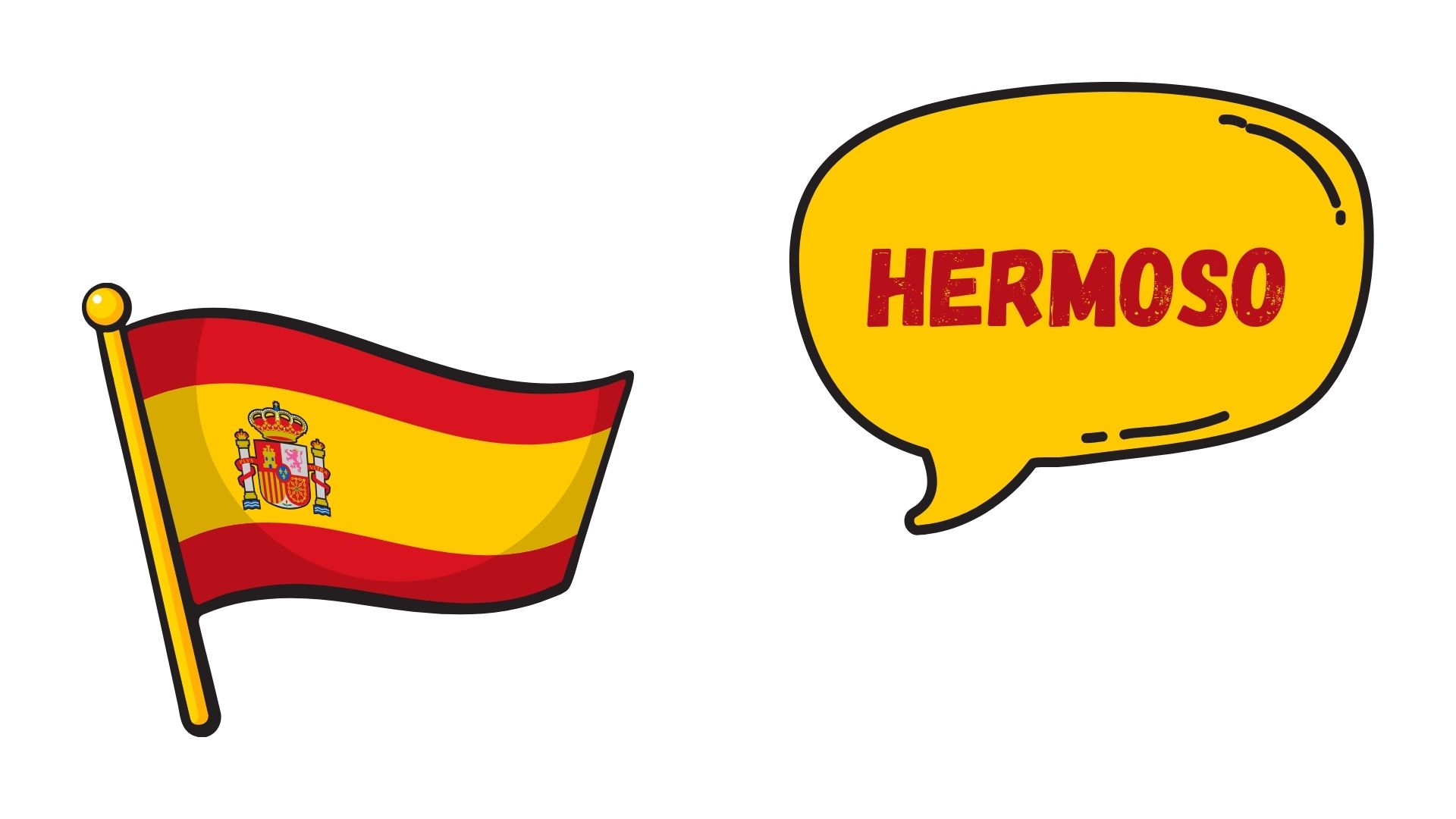In exploring the Spanish language, it’s good to focus on words that start with the letter ‘H’. These words include nouns, verbs, adjectives, and adverbs, and are key in everyday communication.
This guide shows how these words work in different situations, helping to build both language skills and cultural knowledge. As we look into these words more, from where they come from to how they are used, we might find interesting details about how language works that we usually don’t notice.
Overview of Spanish Words Starting with H
Common Nouns

In Spanish, some common nouns starting with the letter H are quite important. For example, ‘hombre’ means man, and ‘historia’ means history. These words are used a lot and hold significant meaning. Other everyday words include ‘hospital,’ crucial for healthcare, and ‘hora,’ which means hour and is vital when we talk about time. Knowing these words really helps in understanding Spanish culture and improves communication. It’s key to get these basics down if you’re learning the language.
| Spanish Noun | English Translation |
| Habitación | Room |
| Habilidad | Ability |
| Hermano | Brother |
| Historia | History/Story |
| Hora | Hour |
| Hombre | Man |
| Helado | Ice Cream |
| Hueso | Bone |
| Hijo | Son |
| Hecho | Fact |
Verbs

When we explore Spanish verbs that start with ‘H’, we find some key actions that help us communicate every day. For instance, hablar means to speak. It’s crucial for talking and sharing ideas. Then there’s hacer, which means to make or do. This verb is super flexible and pops up all the time, whether you’re making something or just getting stuff done. These verbs don’t just keep conversations going; they also help us talk about deeper topics like human behavior and how society is structured.
| Spanish Verb | English Translation |
| Hablar | To speak |
| Hacer | To do/make |
| Hervir | To boil |
| Hallar | To find |
| Huir | To flee/run away |
| Habitar | To inhabit |
| Heredar | To inherit |
| Hinchar | To swell |
| Helar | To freeze |
| Hurtar | To steal |
Also Read: Tu Vs. Usted In Spanish: Key Differences & Usage Guide
Adjectives

Exploring Spanish adjectives that start with ‘H’ reveals a bunch of useful words. These words help us describe people, things, and situations better. They’re crucial for everyday talk and for making our descriptions richer.
For instance, ‘hábil’ means ‘skillful’—it’s perfect for pointing out someone’s expertise. ‘Hermoso’ stands for ‘beautiful’, which we often use to talk about looks or scenery. Then there’s ‘honesto’, which means ‘honest’. Honesty is highly respected everywhere. Also, ‘humilde’ means ‘humble’, another admired trait.
Each of these ‘H’ adjectives helps us express finer details and feelings, making our conversations more colorful and meaningful.
| Spanish Adjective | English Translation |
| Hermoso | Beautiful |
| Hábil | Skillful |
| Honesto | Honest |
| Humilde | Humble |
| Hambriento | Hungry |
| Habitual | Habitual/Regular |
| Histórico | Historical |
| Horrible | Horrible |
| Herido | Wounded |
| Húmedo | Humid/Wet |
Also Read: How To Say ‘What’ In Spanish? 4 Unique Words & Phrases You Can Use!
Adverbs

Looking at Spanish adverbs starting with ‘H’ really shows us how they help us talk better. Take ‘hoy,’ meaning ‘today,’ which tells us when something’s happening. Then there’s ‘hasta,’ meaning ‘until,’ that lets us set limits on time or distance.
These adverbs are key for making sentences clear and powerful. They add flavor, making our conversations more interesting. By getting the hang of these words, you can really sharpen your Spanish and express yourself more effectively.
| Spanish Adverb | English Translation |
| Hoy | Today |
| Hacia | Toward |
| Hasta | Until |
| Honestamente | Honestly |
| Habitualmente | Habitually |
| Aquí | Here |
| Ahora | Now |
| Harapientamente | Raggedly |
| Habilidosamente | Skillfully |
| Harto | Fed up |
Conclusion
In short, learning Spanish words that start with ‘H’ is really useful. They include important nouns, action-packed verbs, colorful adjectives, and handy adverbs. This study helps you expand your vocabulary and understand Spanish culture better. Knowing these words well can improve your fluency and help you communicate more effectively in Spanish-speaking places. In the end, knowing these words well makes you a better communicator, which is key, whether you’re chatting with friends or advancing your career in a Spanish-speaking setting. Keep visiting the Translation Blog to master any language.

